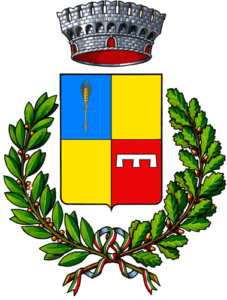The project
The idea of creating a website online, starting with an exhibition about the activity of the British Eighth Army in Italy in 1943, stems from the will of our association of making a contribution to the unveiling of the sort of blanket of fog that somehow settled on the narration of the events concerning the Allied landing at Salerno in 1943.
This has probably depended on the split within the civil society regarding the reinterpretation of events that followed the landing, the belief, of a large part of the population, that it was the direct effect of a “betrayal”.
On the other hand, perhaps, the landing of 1943 suffers for the misperception that, as opposed to the Liberation war in Central and Northern Italy, the participation of the Italians in the fight was scarce, thus underestimating the Nazi massacres in the South, the roundups and, above all, the popular uprising in Naples.
Therefore, we thought of making our contribution by including the account of the Operation Avalanche within the broader path of the history of the Second World War in Italy with an online publication that, better than an online exhibition, would like to lay the foundation for a little online museum, which can share with many more visitors the knowledge gradually gathered by researchers. There’s no claim of realising a thorough, exhaustive account, but just of contributing to the divulgation of events.
The Operation Avalanche
This specific operation, by far the most relevant one in the Mediterranean in terms of size, determined the liberation of much of the South, in the months between August and October, and allowed the Allies, for the first time after Dunkirk, to establish an important bridgehead for the final attack on what Hitler had defined the “Fortress Europe”.
Just as in Dunkirk the order to reembark the troops was already ready, and if this had happened, what would have been the course of history? We certainly know that the war would have lasted longer and there would have been many more deaths and destruction.
The dedication that drives us draws strength from a further consideration, which adds to the conviction that in 1943 the Italian process towards democracy began.
Peace was the real achievement
We’d like to remind most people that the resolution of disputes by means such as the war has never been neither an effective option, nor immune from serious repercussions, always suffered by civilians. We’d also like to remind that in a conflict nobody can consider themselves safe in their homes and that seeking a way towards Peace is always the main road to the resolution of problems.
Carlo Bruno, president of Associazione Culturale Mubat




 Città di Battipaglia
Città di Battipaglia